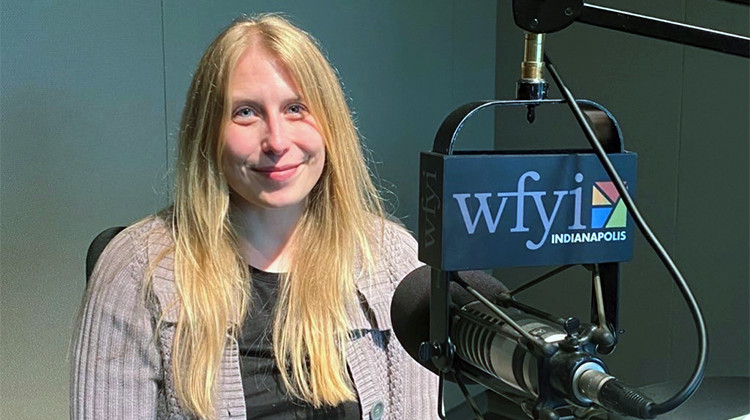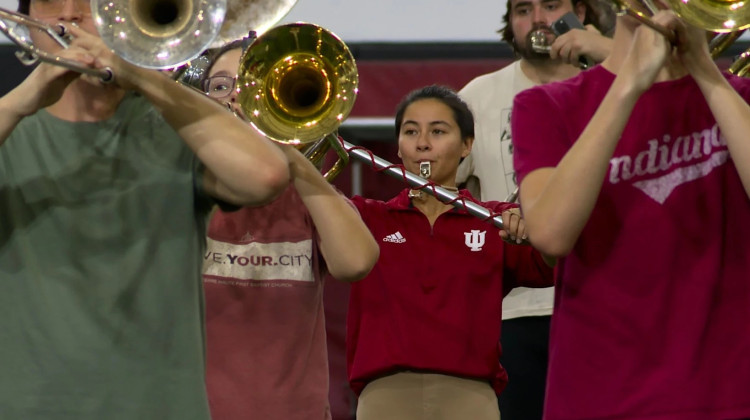The Indiana Medical History Museum is collecting oral histories of people connected to the former Central State Hospital in Indianapolis. WFYI’s Taylor Bennett sat down with the museum’s executive director Sarah Halter, to learn more about the Voices Project and the importance of preserving the history of the often controversial, now closed, hospital.
WFYI's Taylor Bennett: Why was it so important, though, to preserve that part of history and get the thoughts and the voices, I guess, from this project?
Indiana Medical History Museum Executive Director Sarah Halter: Well, the history of medicine, generally, is pretty complicated and sticky. And, by extension, the history of Central State Hospital is as well. Throughout history, people have participated in and experience medicine, and in many ways, for better or worse. And, yes, it can be heroic, and it can be inspiring, but it can also be pretty tragic and appalling. Often, it's somewhere in between, and sometimes it's both at the same time.
And so preserving all of all of those sides of the story, I think, are important. You know, these are these are people who were patients themselves or family or, you know, all employees, not just the the doctors and the administrators who who left behind most of the written records, and the patients really are especially important for us, you know, these are the people for whom the hospital existed.
Bennett: You know, I think when you you think of Central State that a lot of people only heard the bad stories, especially like you said, from the patients who went through it.
Halter: That's true. And there are other segments of the population, who only remember the good as well. And so we really tried hard to acknowledge both sides, you know, the, the history is not always rosy. It's not always horrific, either. There's a lot, as I said, that's in between. And so just acknowledging that, that it could be good and bad. At the same time, I think it's important.
Bennett: What do you plan on doing once you get all these voices together?
Halter: So this is all part of an upcoming online project that we have sort of a skeleton for it on our website, right now that we're building on it, it's very much a work in progress. And the idea is to share the history of Central State Hospital through archival materials from our collection, online exhibits, academic articles about the history of the hospital timelines, and maps, things like that. But also provide a space for people whose histories aren't represented in those materials, to share their own memories, stories, experiences, you know, share their photographs and other materials and use their own words to tell their story. So it's, it's both a digital archive and a memory forum.
Bennett: If people want to participate in this project, how do they do that?
Halter: Well, even if you don't think your story's important, we encourage you to get in touch with us, you can submit a form on our website, it's www.imhm.org. You could go to the Voices from Central State tab in the menu bar. You can also email us at voices@imhm.org. Or, you could just call us at the museum at (317) 635-7329.
Bennett: Sounds like a lot of work but a very worthwhile project, I think, for everyone to hear more about and it'll be interesting to take a listen.
Halter: Thank you so much.
 DONATE
DONATE







 Support WFYI. We can't do it without you.
Support WFYI. We can't do it without you.